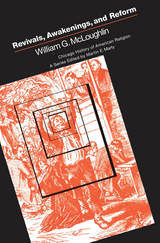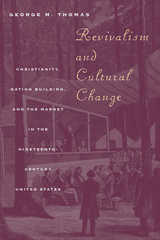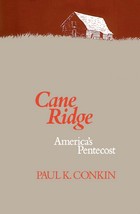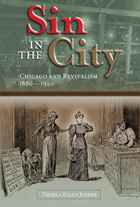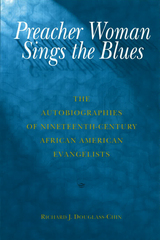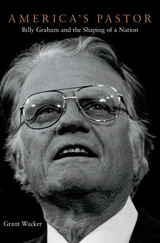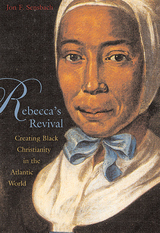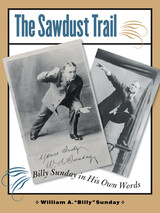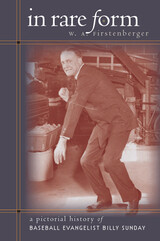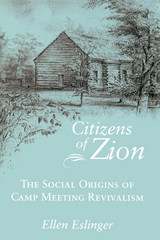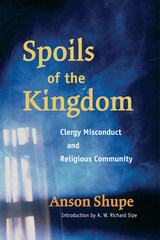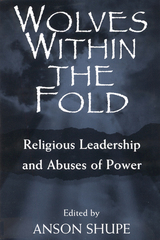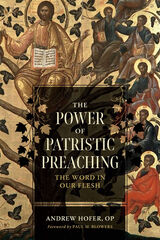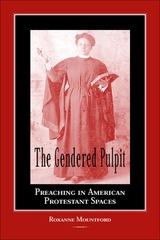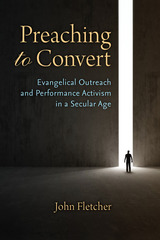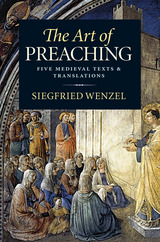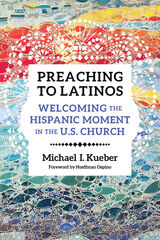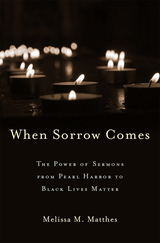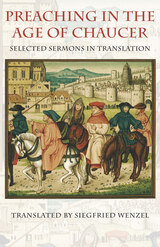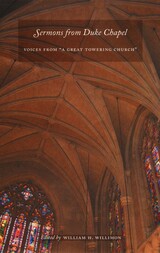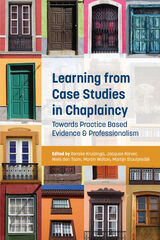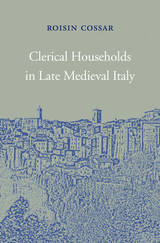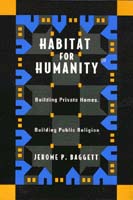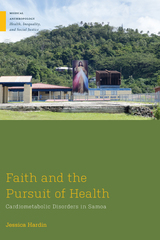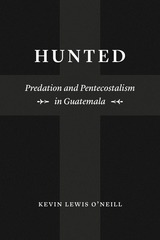A Preface to Theology
University of Chicago Press, 1996
Paper: 978-0-226-29400-1 | Cloth: 978-0-226-29399-8
Library of Congress Classification BV4030.G55 1996
Dewey Decimal Classification 207.73
Paper: 978-0-226-29400-1 | Cloth: 978-0-226-29399-8
Library of Congress Classification BV4030.G55 1996
Dewey Decimal Classification 207.73
ABOUT THIS BOOK | TOC
ABOUT THIS BOOK
At a time of widespread perplexity about the social role of humanistic scholarship, few disciplines are as anxious about their nature and purposes as academic theology. In this important work, W. Clark Gilpin, dean of the University of Chicago Divinity School, proposes that American theological scholarship become responsible to a threefold public: the churches, the academic community, and civil society.
Gilpin approaches this goal indirectly, by investigating the historic social roles of Protestant theologians and the educational institutions in which they have pursued their scholarship and teaching. Ranging from analyses of the New England Puritan Cotton Mather to contemporary theologians as "public intellectuals," Gilpin proposes that we find out what theology is by asking what theologians do.
By showing how particular cultural problems have always shaped the work of theologians, Gilpin's work profoundly illuminates the foundations of American academic theology, providing insights that will help guide its future.
Gilpin approaches this goal indirectly, by investigating the historic social roles of Protestant theologians and the educational institutions in which they have pursued their scholarship and teaching. Ranging from analyses of the New England Puritan Cotton Mather to contemporary theologians as "public intellectuals," Gilpin proposes that we find out what theology is by asking what theologians do.
By showing how particular cultural problems have always shaped the work of theologians, Gilpin's work profoundly illuminates the foundations of American academic theology, providing insights that will help guide its future.
See other books on: Education | Preface | Religion | Study and teaching | Theology
See other titles from University of Chicago Press

